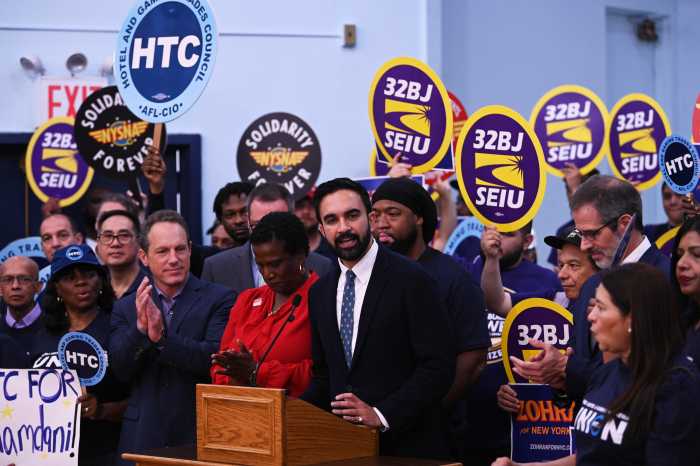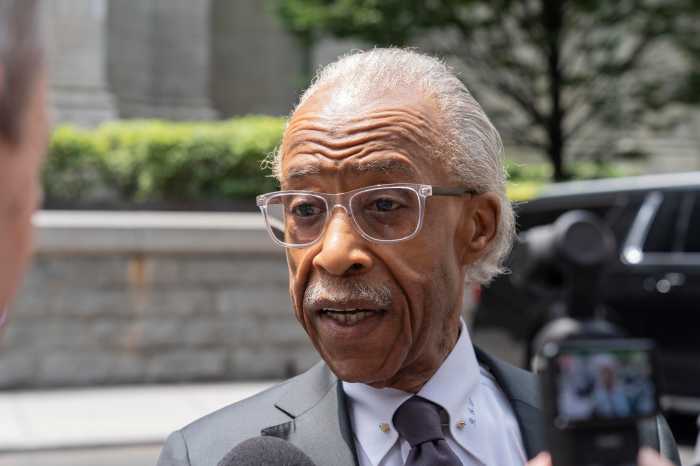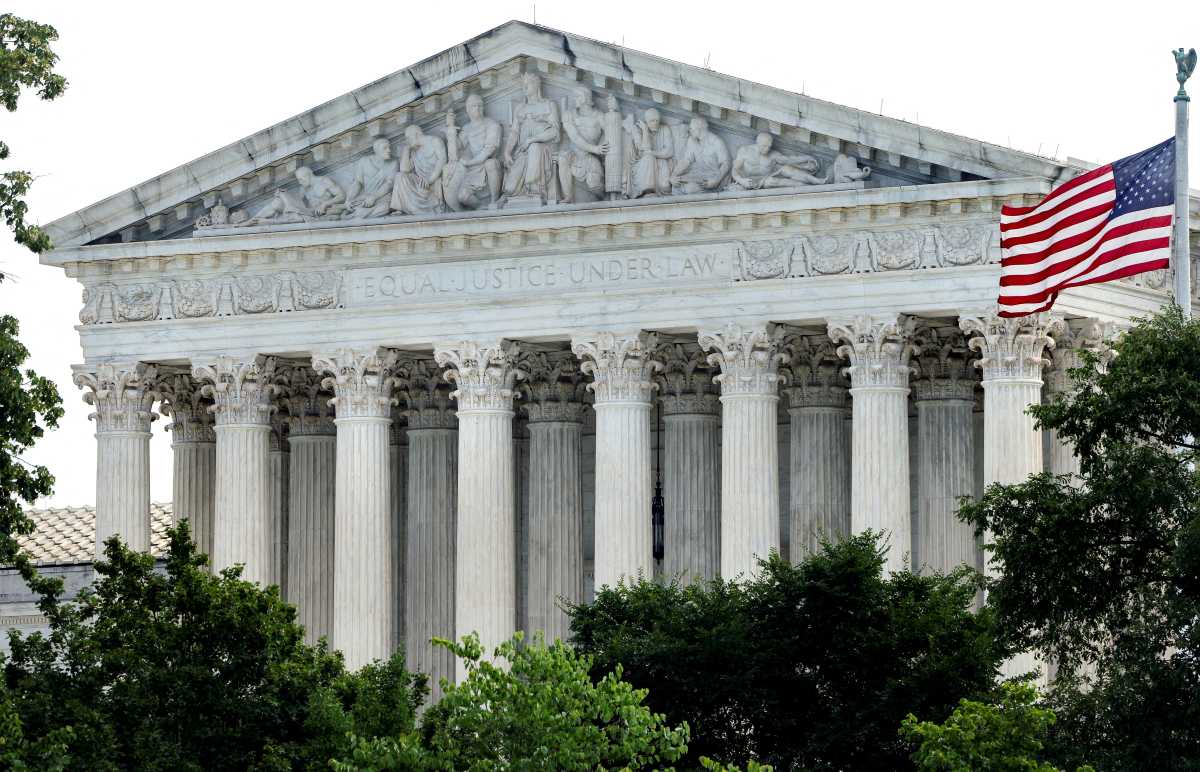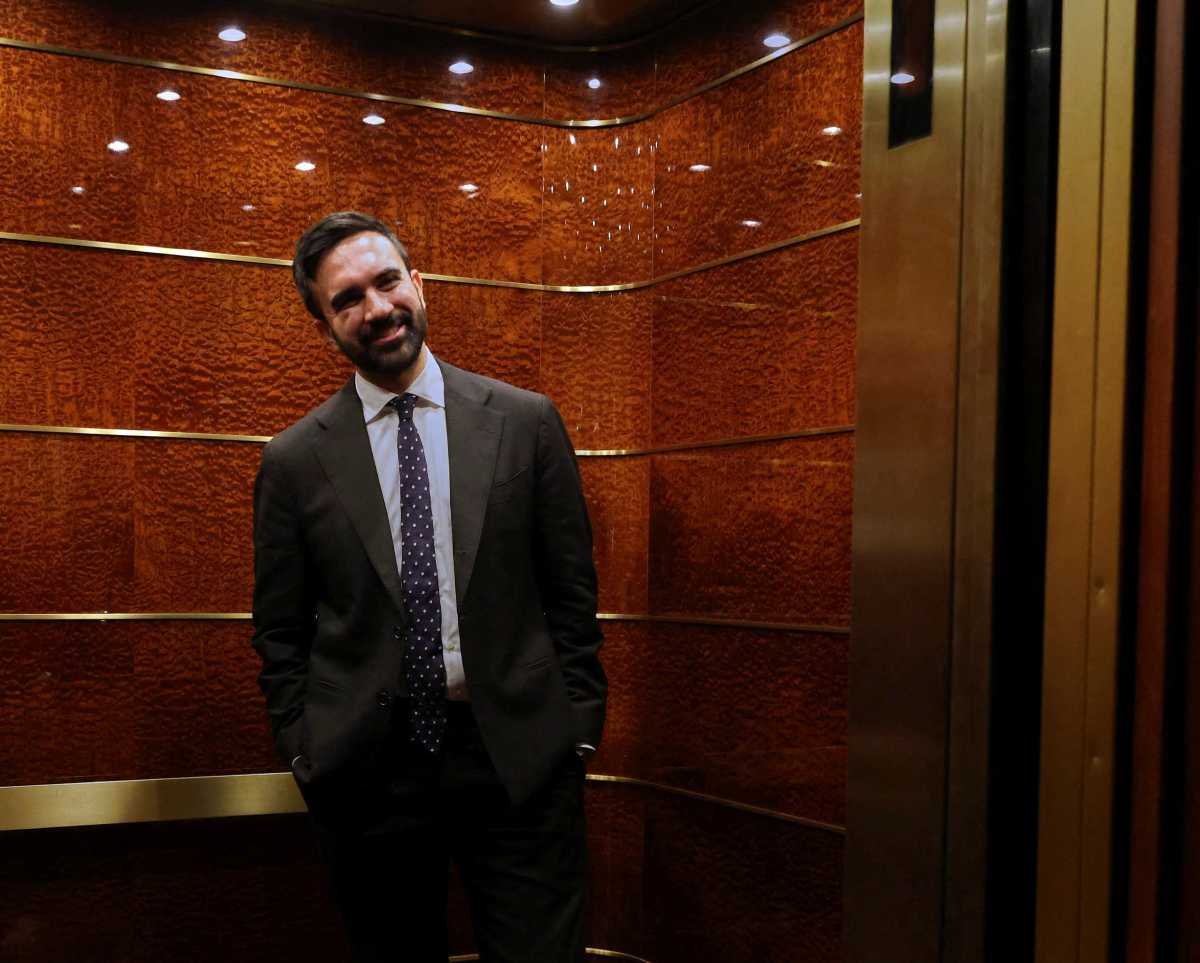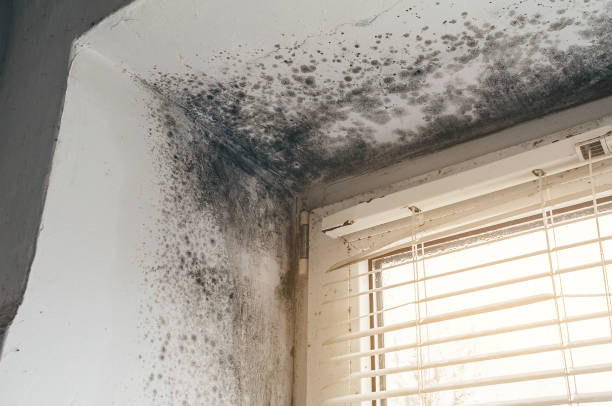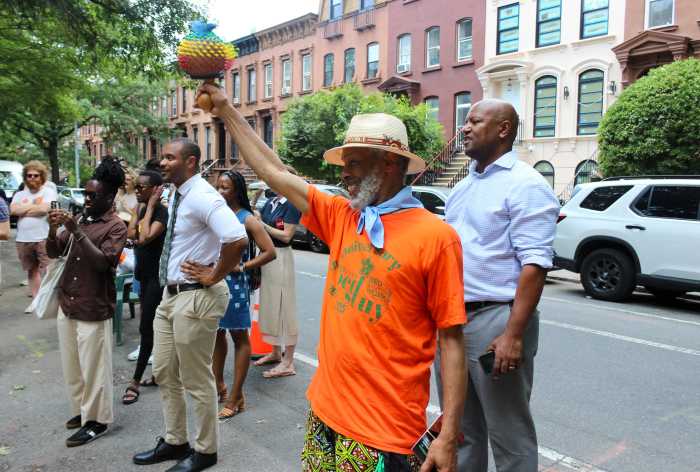When superstorm Sandy blew through New York City, Rachel Rivera never imagined it would land her in East New York with a Section 8 voucher, let alone rallying in Washington, D.C., in an effort to keep it.
The disabled mother of six is just one of many city residents fearing that federal funding cuts to housing programs will leave them without the support they need to keep a roof over their heads. Rivera joined about 600 New Yorkers who bussed to the nation’s capital last week to take part in the Tenants March on Washington, a rally demanding President Donald Trump’s administration roll back proposed cuts to the U.S. Department of Housing and Urban Development.
“We want people to know that there are single parents like myself on disability, on a fixed income, that can’t afford apartments,” Rivera said.
The Trump administration proposed cutting $6 billion in HUD funding as part of its 2018 budget blueprint, which was released in March. But on Monday, the House Committee on Appropriations approved a bill that includes $38.3 billion in discretionary spending for HUD in the 2018 fiscal year – a $487 million drop from 2017.
Although the House bill indicates that the funding cuts could be smaller, representatives with the New York City Housing Authority said the effects would still be felt throughout their programs.
“We house one in every 14 New York City residents,” said Deborah Goddard, NYCHA’s executive vice president for capital projects.
Even the proposed funding cut of $487 million would result in a significant drop in quality of life within the NYCHA system, according to Goddard. Planned projects like updating kitchens and bathrooms would be delayed. Basic infrastructure needs would not be met, she said.
“We can’t deliver repairs, skilled work tickets as quickly as we want to. There is a very direct, very visceral impact on the quality of life,” said Goddard, who added that the cuts would also impact the $17 billion backlog in NYCHA’s capital needs.
NYCHA is currently the largest Section 8 administrator in the entire country with about 90,000 vouchers, a significant number of which are allocated to seniors, low-income families with children and disabled residents who make $15,000 or less a year, according to Cathy Pennington, NYCHA’s executive vice president for leased housing. Seniors alone make up 32 percent of Section 8 residents, per NYCHA.
“Any reduction in services would have a very negative impact on our community,” Pennington said.
Rivera is afraid she will lose her Section 8 voucher.
“If they do cut this, I would be homeless … me and my kids would be homeless,” she said. “I’m afraid that I might lose my family.”
While it is possible vouchers could be revoked to offset the funding cuts, Pennington said it’s more likely that there would be a decrease in the number of vouchers given out moving forward instead.
“The result is that fewer families are served.”

Rivera, 38, was living in Bedford-Stuyvesant in 2012 when, she recalled, the torrential rains from Sandy caused her apartment ceiling to crash down onto the bed where her then-6-year-old daughter usually slept. The damage left her family homeless, she said, and the city temporarily put them up in a midtown hotel.
Unable to work due to seizures and other disabilities, Rivera said her family relied on the assistance given to them as Sandy victims and later again when they were relocated to East New York and approved for a Section 8 voucher.
Even with that assistance, Rivera said it’s hard to make the $1,350 she pays in rent each month.
“I’m on a fixed income. I cannot work, so if they do cut Section 8 vouchers I would not be able to pay rent at all,” she said. “Even with the Section 8 I have to choose between paying rent and buying food.”
Rivera’s 11-year-old daughter, Marisol, said she was inspired to march along with her mom.
“The people who are in Section 8, they need that help to pay their bills and if the president takes away this stuff then they’ll be homeless,” Marisol said. “I liked the march because I know that, sooner or later, we’ll get something out of it, like if they stop these cuts or they’ll do less cuts.”
The number of vouchers in NYCHA’s Section 8 program is based on an approved annual budget, so until the budget is finalized it’s hard to tell what the effect will be, according to Pennington. While Trump’s initial budget blueprint would result in “literally thousands” of families being taken off of Section 8, the revised HUD budget out of the Committee of Appropriations would result in fewer cuts, she said.
Rivera hopes Trump and HUD Secretary Ben Carson realize that there is more at stake than just money.
“It’s not just me, it’s my kids’ future that I’m worried about,” she said.
A request for comment from HUD regarding the budget cuts was not immediately returned, and the White House declined to issue a statement.





